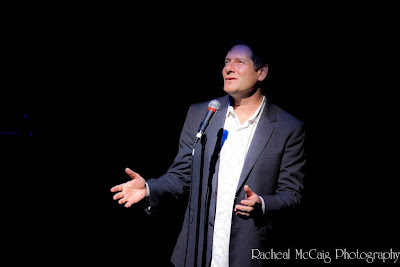Although a regular event in the calendar when Singers Playground started in Los Angeles this is the first event of it's kind for us in Canada and I'm very proud to be presenting this crop of musical artist to the audience at Hughes Room, one of the nations top concert clubs.
I chose the up and coming artists on this first Singers Playground concert very carefully and with specific criteria. Firstly they had to be working at a level that would represent the work I do at Singers Playground, including high calibre songwriting, powerful vocal and performance abilities, and a real passion to share their gifts with the world.
Secondly they had to have been performing out in the world with enough stage experience that they could excel in the concert atmosphere of Hughes Room which is really and truly a "listening room" where musicians and industry gather to hear the best and the brightest.
Thirdly they have to have been working with me for an extended length of time, enough that I have seen each singer dig into themselves to find the best possible result. Artists have to find the courage to face their weaknesses and deal with them head on.
Singers Playground is all about creating an atmosphere of challenge and I have a high level of expectation for the artists who I work with. My vision for this concert is no different. In fact I am challenging myself to perform new material for an upcoming recording some of which will be heard for the first time at the show. After all if the coach isn't challenging himself then how can he challenge his clients to grow?










